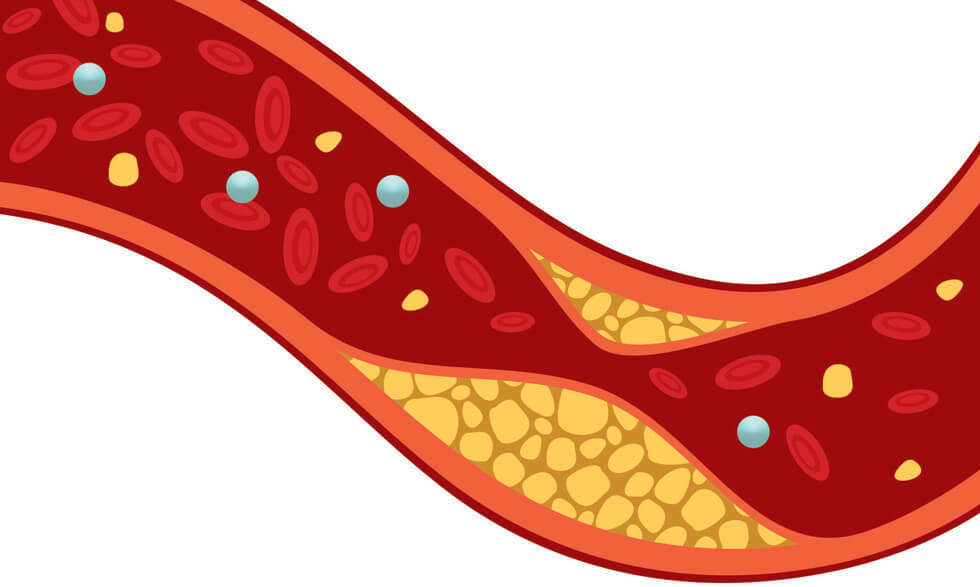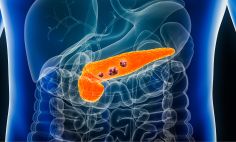Health Topics

Cholesterol: The good, the bad, and the unhealthy
We hear about cholesterol in the news, in diets, and on advertisements. But what exactly is it?
Cholesterol is a type of fat in our bodies. It helps us do a lot of things: build cells, digest food, and make hormones.
While cholesterol is needed for our body to function properly, too much of it can be bad. High cholesterol can cause serious problems in our blood, like clots, plus heart and brain issues.
MedlinePlus has released new health topic pages on cholesterol, such as "How to Lower Cholesterol with Diet," to help you better understand and control your cholesterol.
This Q and A features tips from the National Heart, Lung, and Blood Institute and MedlinePlus.
What is good cholesterol?
There are two main types of cholesterol: "good" and "bad."
"Good" cholesterol is also known as HDL cholesterol. It's "good" because it takes cholesterol from the tissues and blood to the liver, removing it from your body.
A low level of HDL cholesterol increases your risk for heart disease.
What is bad cholesterol?
LDL, which also is called "bad" cholesterol, carries cholesterol to tissues, including the arteries. Most of the cholesterol in our blood is the LDL form.
You want to keep your LDL levels low. If not, bad cholesterol can create buildup in your arteries, known as a plaque.
Plaques make it harder for blood to flow to your heart, creating heart problems. These include chest pain and heart attacks.
Plaques can also lead to blood clots in the brain and legs.
What causes high cholesterol?
An unhealthy lifestyle can contribute to high cholesterol. Your genes (family history) and some medicines you take can also contribute to it.
Diseases that affect your thyroid gland and kidney function can also increase cholesterol levels.
What is a healthy cholesterol level for me?
In general if you are 19 years old or younger, your total cholesterol levels should be less than 170 milligrams per deciliter (mg/dL) of blood.
If you are 20 years old or older, your total cholesterol should be less than 200 mg/dL.
These are general recommendations, so make sure to talk to your health care provider to find out what's considered healthy for you.
How can I lower my bad cholesterol?
Eating healthy, being physically active, quitting smoking, and managing stress can help lower your cholesterol.
You may also need medicine if lifestyle changes aren't enough.







